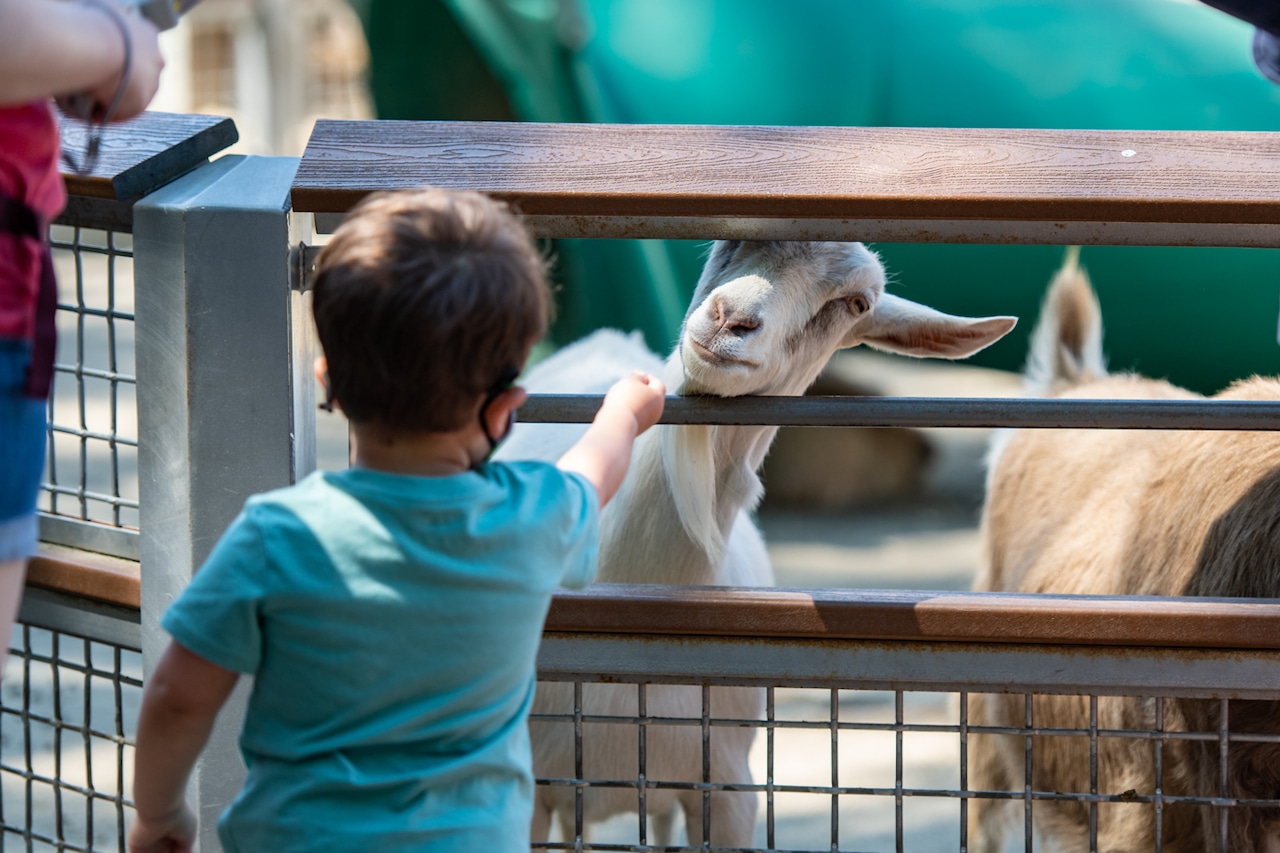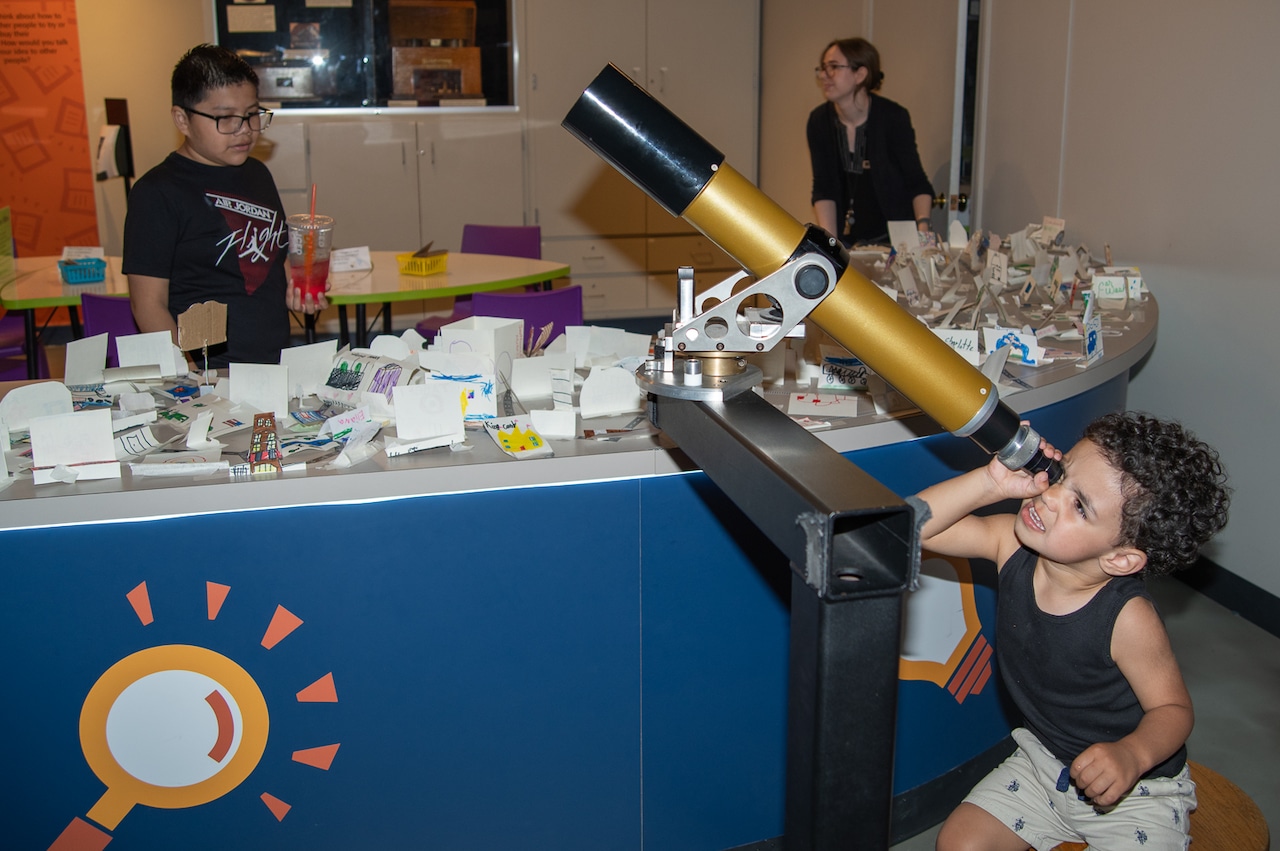
Colossal Laboratories and Biosciences has stirred scientific and public interest with its efforts to genetically revive the dire wolf, a prehistoric predator extinct for thousands of years. While the prospect of bringing back such a species fascinates many, it has also opened an important conversation among ethicists and researchers about humanity’s evolving relationship with animals and the natural world.
The dire wolf, made famous by popular culture, particularly television and literature, is being considered for de-extinction using advanced genetic engineering techniques. Colossal Laboratories, known for its ambitious plans to resurrect extinct species, claims that bringing back the dire wolf could contribute to ecological research and biodiversity restoration.
However, experts in bioethics caution against viewing these advancements purely from a scientific achievement perspective. Many question whether reintroducing extinct animals is humane or responsible, particularly if their original ecosystems no longer exist or have significantly changed. Others raise concerns about potential unforeseen consequences to existing wildlife and habitats.
Dr. Jane Roberts, an animal ethicist, emphasized that, “Just because we can bring an animal back does not mean we should. We must carefully consider the implications for animal welfare, ecological balance, and our moral responsibilities.”
As genetic engineering continues to evolve, the dire wolf project highlights a broader ethical challenge: determining the boundaries of human intervention in nature. Colossal Laboratories has not yet announced a timeline for the project’s completion, but the discussion it has sparked will likely influence future endeavors in synthetic biology and conservation science.
Source: https:// – Courtesy of the original publisher.






